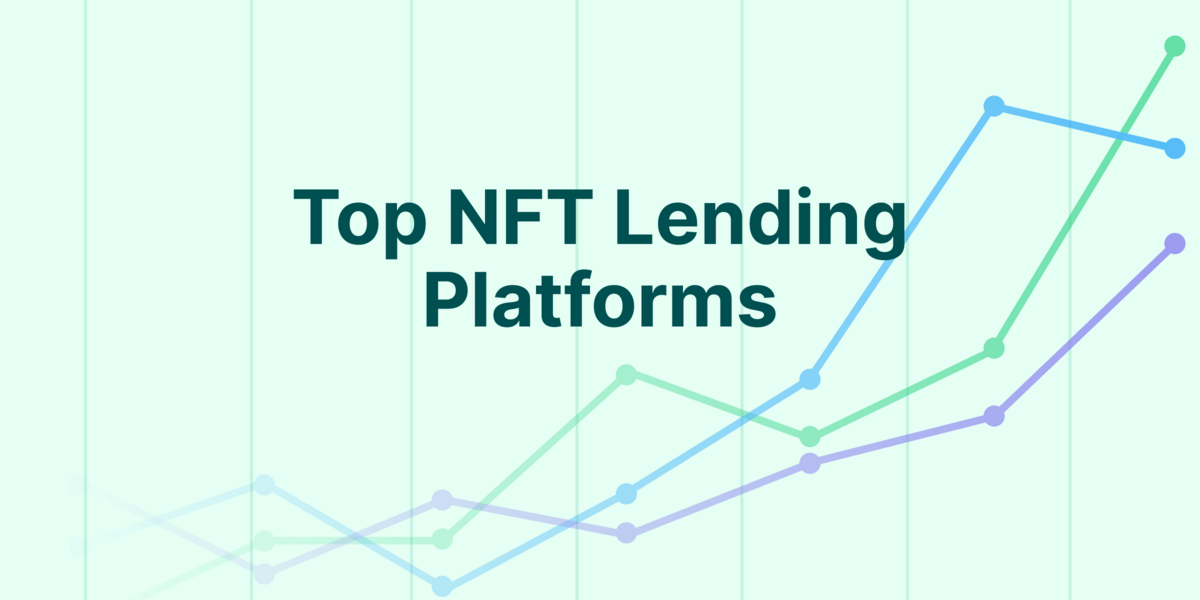eToro is a publishing partner of CoinGecko
Back in 2008 during the financial crisis, banks were focused on picking up the pieces. Having to deal with compliance and regulatory requirements, innovation wasn’t a priority at the time.
However, technological innovation in other sectors was thriving. We saw the birth of the iPhone as well as apps like Airbnb, Uber, WhatsApp, and so many more. With so much potential for integrating financial components into those apps, the fintech players took the mantle of bridging the gap between what banks could offer at that time and what consumers expected.
And so began the fintech revolution.
The Marriage of Digital Technology and Financial Services
As we know now, consumers need convenience and a better user experience.
Startups understood this and came up with innovative products to facilitate mobile payments, alternative finance, online banking, and financial management. These services have proved useful for consumers and have continued to develop to this day.
7 Ways Fintech is Changing the Banking Industry
Whether you realize it or not, you might already be utilizing some, if not all, of these fintech services.
Smart Chip Technology
Also known as EMV, smart chip technology adds a new layer of security to your everyday credit and debit card transactions. It protects payments by using a one-time, encrypted password for each transaction, as opposed to magnetic strip cards that store static data.
Biometric Sensors
Whether a fingerprint reader, face scan, or voice can, biometric sensors allow for increased security, convenience, and ease. The technology is gradually being adopted by ATMs allowing consumers to access funds without the need of a plastic card or pin number.
Online Mobile Banking
Thanks to the proliferation of user-friendly mobile apps, you can now access your bank account quickly from your phone to make electronic payments, send money to friends, and perform other personal finance tasks.
Branchless Banking
In Europe, 9,100 branches were shut down by the end of 2016. This happened as financial services were transformed from being branch-centric to being available through various digital channels. As banks reduce their branches, they have also been adopting omnichannel banking, be it a website or mobile app, to ease access to financial services.
Chatbots
Businesses often use chatbots for customer service purposes such as query handling and guiding customers in the right direction. Chatbots use machine learning and natural language processing that enables them to constantly learn from human interactions. In the financial industry, for example, Bank of America’s chatbot, Erica, provides investment advice to customers.
Artificial Intelligence
While AI has many emerging use cases, one of the most important ones is fraud detection. Banks leverage historical data via machine learning algorithms to predict and determine patterns of fraud attacks, thus reducing manual effort by approximately 50%.
Digital Wallets
Increasing in popularity, digital wallets are widely used for all sorts of payments including food delivery, utility bills, P2P transfers, booking tickets, and many more. One of the main reasons users are attracted to digital wallets is exclusive offers, like cashback and reward points.
The Role of Cryptocurrency in Fintech
How does cryptocurrency fit into the fintech revolution? While the services listed above were initiated by centralized entities, blockchain companies are gradually adopting similar services onto their platforms.
The operating systems of traditional financial institutions are usually slow due to multiple layers of bureaucracy. Cryptocurrency, on the other hand, can speed up financial transactions as it is built on a secure, decentralized public ledger.
Furthermore, crypto transaction records are easily verified and difficult to manipulate. This reduces the likelihood of fraud and saves up costs on fraud prevention strategies.
Benefits of Fintech to Consumers
Fintech has remarkably unlocked a new consumer market — the unbanked.
With digital channels and decentralized platforms, it has become easier for those without access to traditional banks (who do have access to the internet and smartphones) to participate in financial services. With a wealth of innovative apps, fintech is now looked upon as a savior for the 1.7 billion people worldwide without traditional bank accounts.
In short, fintech lowers the barrier to entry for people from all walks of life, to manage their funds and live a better life.
How Banks Are Reacting to the Fintech Revolution
There’s no hiding the fact that banks are worried about large tech firms taking over the financial industry along with their customers. Indeed, Citibank predicts that 30% of banking jobs will disappear within the next 10 years. If banks are to survive, they need to evolve and adopt new technological advancements. At the end of the day, it is the consumers who will determine the course of the fintech revolution for many years to come.
eToro is a publishing partner of CoinGecko
eToro USA LLC; Investments are subject to market risk, including the possible loss of principal.







 Or check it out in the app stores
Or check it out in the app stores
